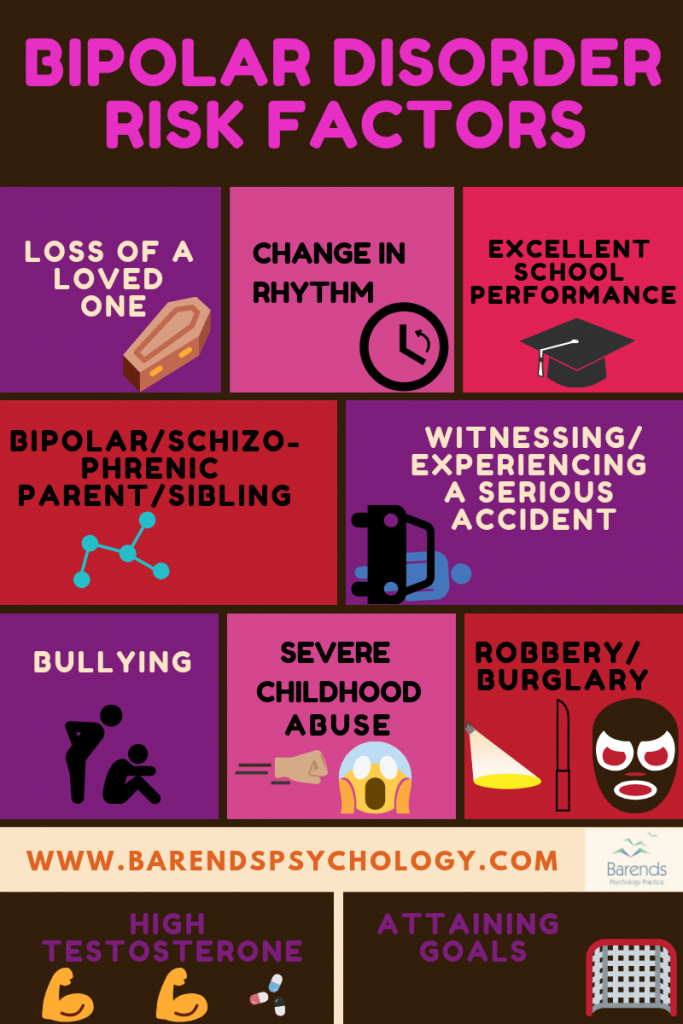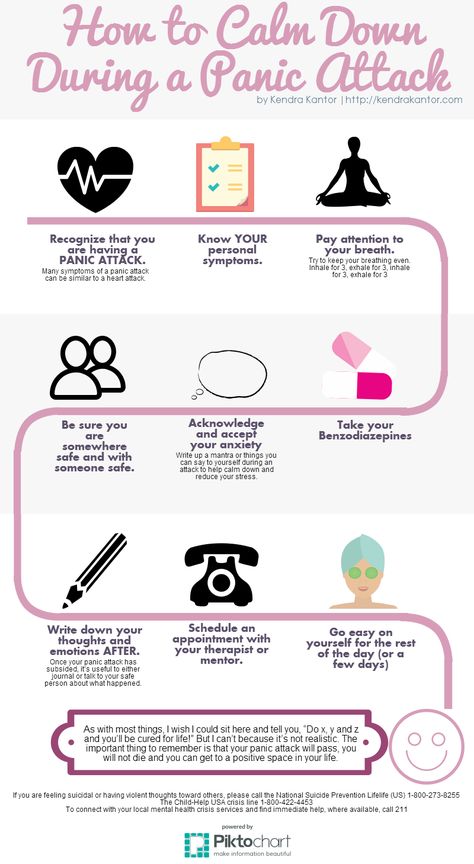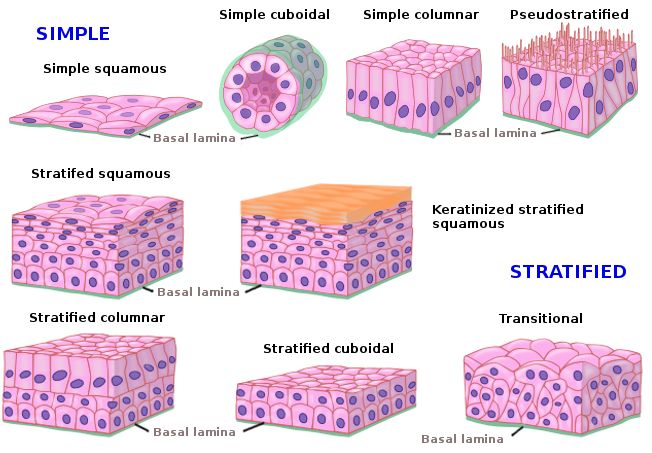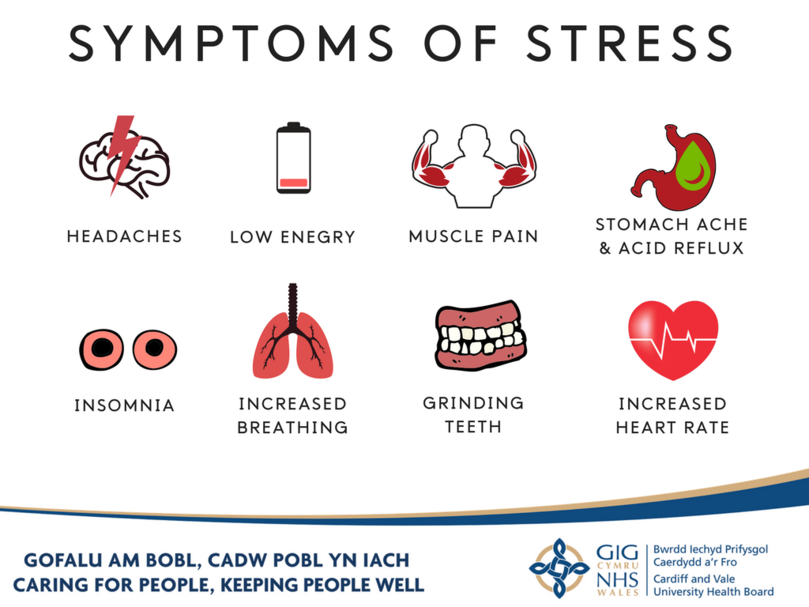Negative energy at work
How to Combat Negative Energy in the Workplace
TSP • @myTSPnet
We’ve all been there. You walk into the office ready to take on the day, equipped with an upbeat attitude and a long to-do list, only to be confronted with negativity before your first cup of coffee. Few things are as damaging to productivity as negative energy in the office. And the worst part is, it’s contagious.
Negativity stems from many sources — poor communication, unexpected changes in staffing or nature of work, inexperienced management, or even just one disgruntled employee on a mission. Negative energy and low morale can turn even the most solid of cultures into a toxic environment, causing happy, productive employees to leave the company and ultimately impacting the bottom line. According to a Columbia University study, the likelihood of job turnover at an organization with high company culture is just 13.9 percent, whereas the probability of job turnover in low company cultures is 48.
4 percent.
So, how can you stop your office from becoming a toxic workplace? No need to burn sage just yet. Ask yourself if this is a new development at your company — if it is, it can likely be remedied by taking a few thoughtful actions.
IDENTIFY THE SOURCE
Think about the source of the negativity. Is it a team that’s overworked and experiencing burnout? A colleague that’s having a hard time finding work-life balance, consequently passing on negative vibes to his or her coworkers? A tough new client? Perhaps it’s just a communication breakdown. A lack of communication can leave employees feeling uninformed and undervalued, leaving them to compensate with office gossip and lower productivity levels.
In fact, an About.com survey found that the top three reasons people dislike their jobs — accounting for 62 percent of responses — were communication related. Turns out, communicating clearly and effectively isn’t always as easy as we think it is. Many toxic workplace environments can be helped simply by creating a clear communications plan with a standard operating procedure and tangible goals.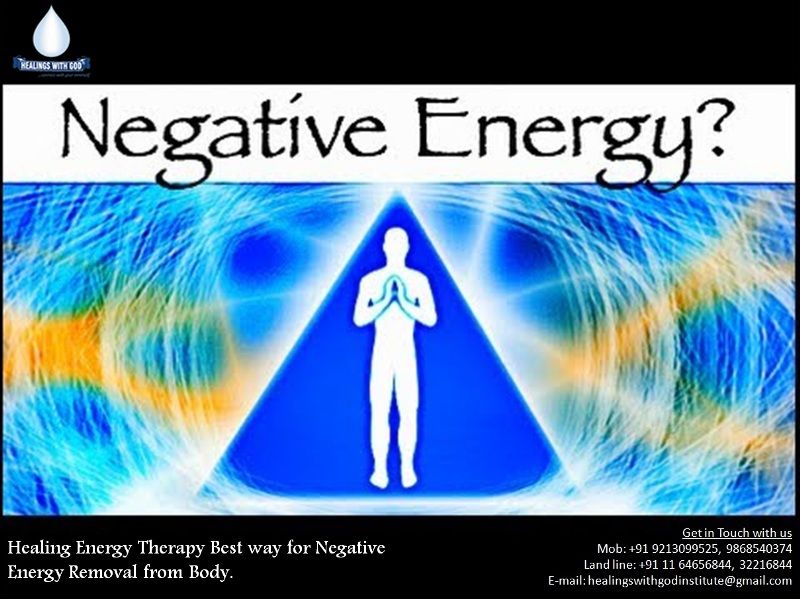
Once you identify the potential source or sources of negativity, ask yourself, “Is this something that I can change?” Sometimes, the answer to that question is no and the solution may just be out of your control. But, more often than not, there is some way that you can make a positive impact on the situation. Don’t forget to look at your own attitude when you analyze the work environment — could you be contributing to the problem?
TALK IT OUT
Regardless of your position within the company, don’t be afraid to speak up. Whether you’re an intern or a vice president, your perspective matters and can make a difference.
If you’ve found that just one or a handful of employees is the source of the negative energy, you may be able to nip it in the bud with as little as a conversation. If the negativity stems from feeling uninformed or undervalued, some real talk and an actionable improvement plan can make a world of difference. Try taking your colleague out for lunch or coffee.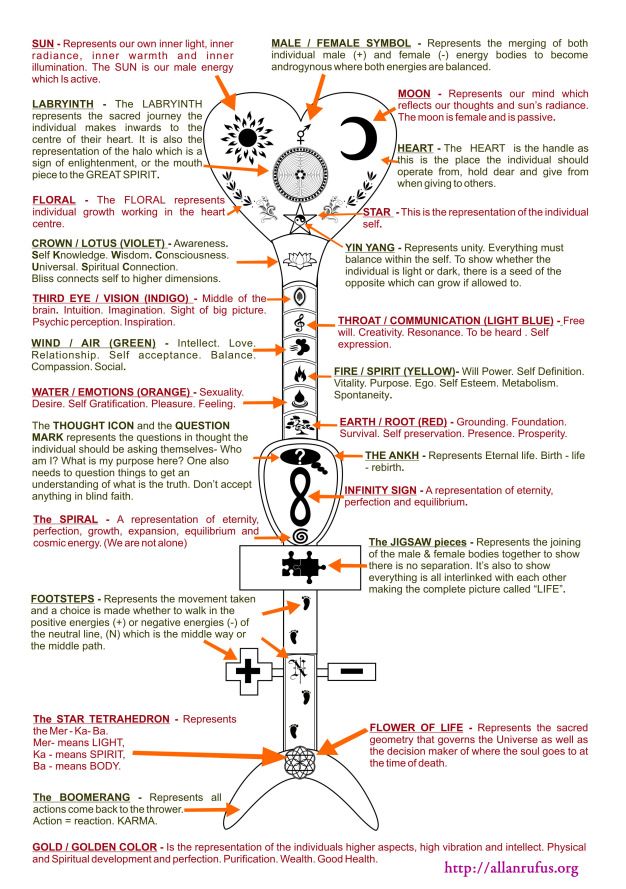 A change of scenery can be helpful when discussing what work related or personal issues they might be facing. It’s okay to relate to them, just don’t become a part of the negativity. Instead, offer solutions. It’s possible that all your colleague needs is to know that someone cares! Once he or she realizes that others are aware of their workplace attitude, you may notice a shift.
A change of scenery can be helpful when discussing what work related or personal issues they might be facing. It’s okay to relate to them, just don’t become a part of the negativity. Instead, offer solutions. It’s possible that all your colleague needs is to know that someone cares! Once he or she realizes that others are aware of their workplace attitude, you may notice a shift.
If the problem is bigger than a few unhappy employees, enlist the help of company decision makers. It’s likely that they’ve noticed an issue and will appreciate that you are taking initiative. If not, at least you’ve voiced your concern (and it may be time to dust off your résumé). Come to the meeting equipped with solutions and ideas to counteract the negative energy. Employee training programs, one-on-one meetings between management and direct reports, and morale boosters like team outings and happy hours are all great places to start.
Be sure to walk away from the conversation with a plan. What are the next steps and how can you help?
SHIFT YOUR PERSPECTIVE
In a toxic workplace, it can be easy to lose sight of what you’re really working toward. Set aside some time to think about your purpose at the company. What goals do you have for yourself and how is this position helping you achieve them? If you’re left feeling less than inspired, it may be time to set some new goals.
Set aside some time to think about your purpose at the company. What goals do you have for yourself and how is this position helping you achieve them? If you’re left feeling less than inspired, it may be time to set some new goals.
Ultimately, you are the one that has the power to choose how you feel about coming to work every day. If you’ve taken the above steps and the negativity in your office is still overwhelming, there are many ways to rise above it. Make sure your work-life balance is intact and find activities outside of the office that make you feel good. Taking time for fitness classes, self-care and time with loved ones will make a positive impact on how you handle negative energy at work.
Don’t underestimate the effect that your positive attitude can have on your entire office. Give compliments when they’re deserved, offer to pitch in with a variety of projects, and share good news and wins. You’ll find that the negative energy may not affect you — or may disappear entirely — if you focus on cultivating positivity.
How to Remove Negative Energy From the Workplace | Small Business
By Monica Patrick
Attracting "good vibrations" to a workplace begins with the hiring process. Small business employers need to hire optimistic, can-do people in all positions. According to Linda Chalmers of the University of Texas-San Antonio, "Someone who generates negative energy in the workplace will create a toxic work environment." However, once an employee with negative energy is hired, employers will have to deal with negativity and remove it. Keeping positive energy flowing will create a more productive, enjoyable workplace for everyone.
-
Announce to employees that you are looking for positive ways to improve the workplace. Do this at a weekly meeting. Use this announcement as an official stance against negativity. Explain to employees that you understand everyone gets down occasionally, but as a whole, the workplace needs to remain positive. Tell the employees how they can privately submit feedback on making improvements.
 Don't solicit ideas publicly -- this may open the door for negative statements.
Don't solicit ideas publicly -- this may open the door for negative statements. -
Teach your employees, especially managers, how to give constructive criticism. Never say, "That's a dumb idea." Show employees how to express doubts or concerns without making their coworkers feel bad. Focus on making workplace communications positive, not negative.
-
Cultivate a positive environment by challenging a negative attitude when it manifests itself. For example, you announce a big goal at a meeting and employees scoff at the plan. Say, "That kind of thinking won't get us closer to our goal. What ideas do you have that would? Am I missing something important?" Challenge the negative statement, nicely, then open the door for positive input from the individual. Smile and be pleasant during the conversation.
-
Meet with individuals privately to discuss how they can become a more positive member of the team. Listen, and allow them to express frustration or concern about a project.
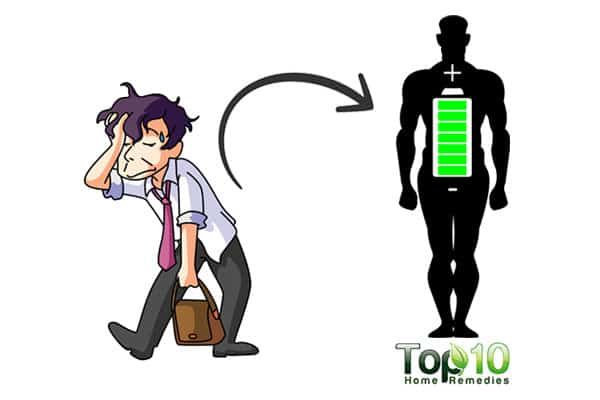 Find positive solutions together. Encourage the employee who may be experiencing personal problems, with sincere, supportive words.
Find positive solutions together. Encourage the employee who may be experiencing personal problems, with sincere, supportive words.
References
- National Academic Advising Association; Hirings and Interviews; Linda C. Chalmers
- Fred Pryor Seminars; How to Deal With Negativity in the Workplace;
Tips
- Play instrumental music quietly in the background to make a pleasant workplace.
- Provide a special breakfast or lunch to staff on Fridays as your contribution to a more peaceful environment.
- Discuss negative attitudes during job evaluation reviews.
Writer Bio
As a former senior sales director with Mary Kay and the co-owner of a renovation company, Monica Patrick has firsthand knowledge of small business operations. Besides start ups, she has extensive skills in recruiting, selling, leadership, makeup artistry and skin care.
Negative energy: how to resist it?
"How can I avoid the negativity that other people throw at me?" a client once asked me. Unfortunately not. But you can learn to manage these waves of destructive emotions without hurting you too much.
Unfortunately not. But you can learn to manage these waves of destructive emotions without hurting you too much.
Each of us is subject to mood swings. We now and then intersect with people who are not in a good mood at the moment. One is enraged by the morning quarrel with his wife, the other is offended by the boss, the third is frightened because of the diagnosis made by the doctor. The negative energy with which they are overflowing does not apply to us, but is directed specifically at us. In the same way, however, as we can involuntarily throw out our anxiety or irritation on someone.
Unfortunately, this is a common way to deal with a situation where our ego is hurt. This “outburst” can happen at any time. If you do not have time to understand what is happening, even a caustic remark in the supermarket will unsettle you. Or the glare that someone you see for the first time will throw at you.
One can only guess about the reasons: perhaps this person is experiencing intense jealousy, humiliation, or you remind him of someone with whom he is angry. It is possible that you yourself drilled it with your eyes, without even realizing it.
It is possible that you yourself drilled it with your eyes, without even realizing it.
But more often than not, the waves of negativity come from people we know well: a partner, a child, parents, a boss, a colleague, or a close friend. They can be recognized - at this moment, usually something in the stomach contracts or a heaviness appears on the heart. These sensations will let you know that there has been a release of negative energy - yours or someone else's. And the challenge is to notice these flows. And empathy will help to cope with each of them.
Empathy carries a tremendous amount of energy, much more powerful than any negative emotion you throw out or receive from someone. Imagine that negative energy is a dark room. And compassion is a bright light. The moment you turn on the light, darkness disappears. Light is much stronger than darkness. Likewise with empathy. It is like a shield of light that can protect you from any negative energy.
How to achieve this? First of all, you need to direct this energy of compassion towards yourself, fill your stomach, solar plexus or heart with it. And then you will hear his prompts. You will immediately know who the negativity is coming from - from you to others or from another person to you.
And then you will hear his prompts. You will immediately know who the negativity is coming from - from you to others or from another person to you.
If you yourself are the victim, try to spread this energy of empathy outward, and it is as if a protective field forms around you. Negative energy will hit him like an obstacle, an invisible ball, and come back. You are inside this ball, you are safe.
With time, having mastered this technique, you will be able to induce this state very quickly, anticipating a meeting with a flow of negative energy. You will learn to feel and act like a loving adult who is in touch with your Self and empathizes with yourself and those around you.
You can reach a point where you don't project negative energy onto others or even feel the destructive power of other people's emotions. You will notice the presence of this energy, but it will not touch you, it will not hurt you.
It is impossible to achieve complete serenity, but it is necessary to be aware of how deeply this or that energy can affect us.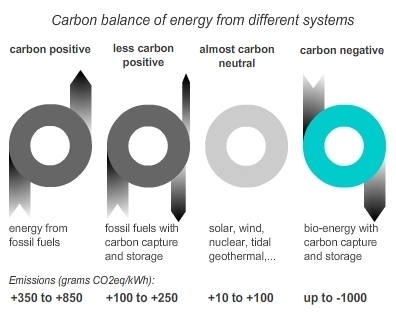 It is important to be attentive to the energy that we radiate to the outside world, and take care of ourselves with love and tenderness so that someone else's negativity cannot harm us.
It is important to be attentive to the energy that we radiate to the outside world, and take care of ourselves with love and tenderness so that someone else's negativity cannot harm us.
You can, of course, choose another way of self-preservation - not to spend a lot of time with "toxic" people - but this will not solve the problem radically, because even the most calm and peaceful person has outbursts of irritation and a bad mood from time to time.
Regularly engaging in mindfulness practice, maintaining contact with your feelings, you will be able to maintain inner balance when encountering other people's outbursts of negativity and protect others from your own.
Source: The Huffington Post.
What is “bad” energy and how to get rid of it correctly
Every person can have bad energy, and it is more often associated with his everyday troubles or problems in the business sphere. Fired from work, quarreled with the second half, annoyed by the behavior of the child - at this moment, sometimes without knowing it, the person begins to project the release of a negative reaction to the close environment (and sometimes not close at all).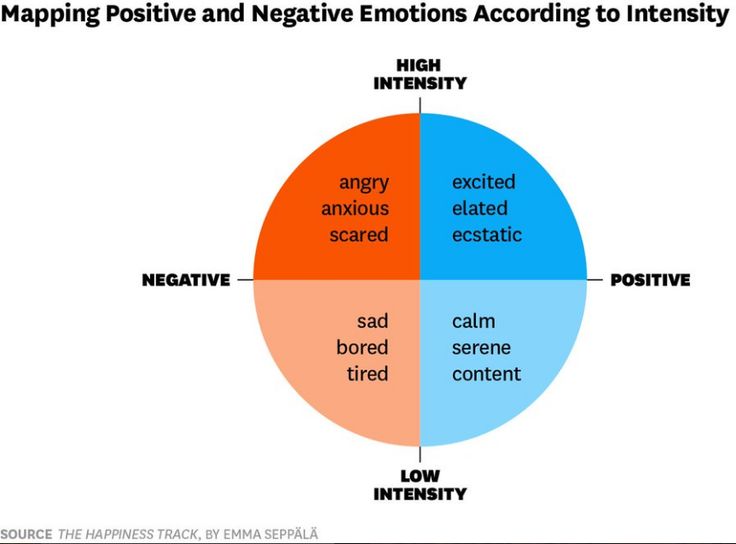 For example, for no reason at all, you were rude in a store, answered rudely on the phone, refused to help without explaining the reason. It would seem that ordinary actions, which in everyday life should not cause a negative reaction, momentarily ignited the flame of discord.
For example, for no reason at all, you were rude in a store, answered rudely on the phone, refused to help without explaining the reason. It would seem that ordinary actions, which in everyday life should not cause a negative reaction, momentarily ignited the flame of discord.
Moreover, we ourselves can often radiate such energy, provoked by gloomy events in our lives, and at this moment only we know the true reason for such behavior. Try to remember that your opponent may not be ready to attack at all, and meeting with a negative flow can unsettle him. In addition, the bad energy concentrated inside you will, first of all, poison your own life, and therefore try to throw it out, replacing it with good memories, positive emotions, dreams. The following steps will also be helpful:
-
Do some breathing techniques - this will calm your mind and give you the opportunity to think clearly
-
Think about what is good in your life, displacing the accumulated negativity with these thoughts
-
Learn to empathize with yourself, because it is - the main tool in the fight against bad energy (both with your own and with the energy of others)
-
succumb to bad energy.
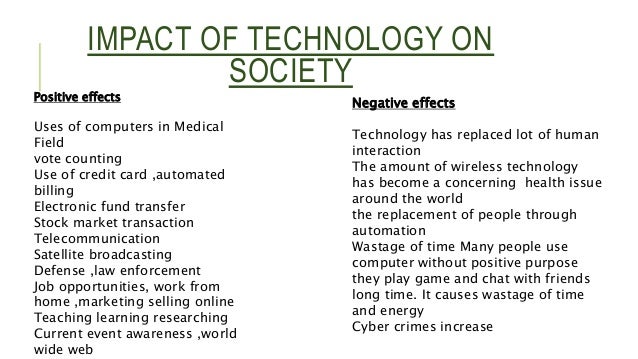
Nevertheless, there will always be toxic people in our environment, communication with whom brings neither pleasure nor benefit, but the fear of changing the usual rhythm of life makes us live and communicate for years with people whose energy not only “presses” psychologically, but and adversely affects a person’s self-esteem, his sense of self, causing him to experience stress. As a rule, these are people who:0003
They like to make trouble
Have a pessimistic view of life
Violate your personal boundaries the consequences of negative situations caused by resentment, quarrel, conflict, bad news. It is important to keep track of these flows directed at you, and, in the event that your opponent is in the first category, reduce communication with him to nothing. Understanding and timely recognition makes it possible to protect yourself from negative influences and destructive emotions.
However, it is not always possible to cut toxic people out of life, and therefore it is worth learning how to properly repel attacks of negative energy - empathy is the most powerful weapon. If you find yourself in the place of the victim, try to immediately "grab" the flow of negativity and put a block on the spread of emotions precisely by empathizing with the offender. This schema will keep you from getting upset or overreacting to negativity by creating a protective field. In addition, the development of one’s own “I” is very important in this matter - having a healthy self-esteem, someone else’s unsolicited opinion / boorish attitude / irrational criticism will not cause you resentment or frustration.
If you find yourself in the place of the victim, try to immediately "grab" the flow of negativity and put a block on the spread of emotions precisely by empathizing with the offender. This schema will keep you from getting upset or overreacting to negativity by creating a protective field. In addition, the development of one’s own “I” is very important in this matter - having a healthy self-esteem, someone else’s unsolicited opinion / boorish attitude / irrational criticism will not cause you resentment or frustration.
The more firmly you stand on your feet about your own significance for yourself, the more difficult it will be to get you out of emotional balance, even if you have a person with heavy energy in front of you ( read also : How to recognize and neutralize toxic people).
Maintaining inner self-confidence, harmony with your feelings, as well as compassion for other people's outbursts of negativity, you will save yourself from unnecessary emotions with a minus sign and learn not to react to other people's aggressive attacks.
